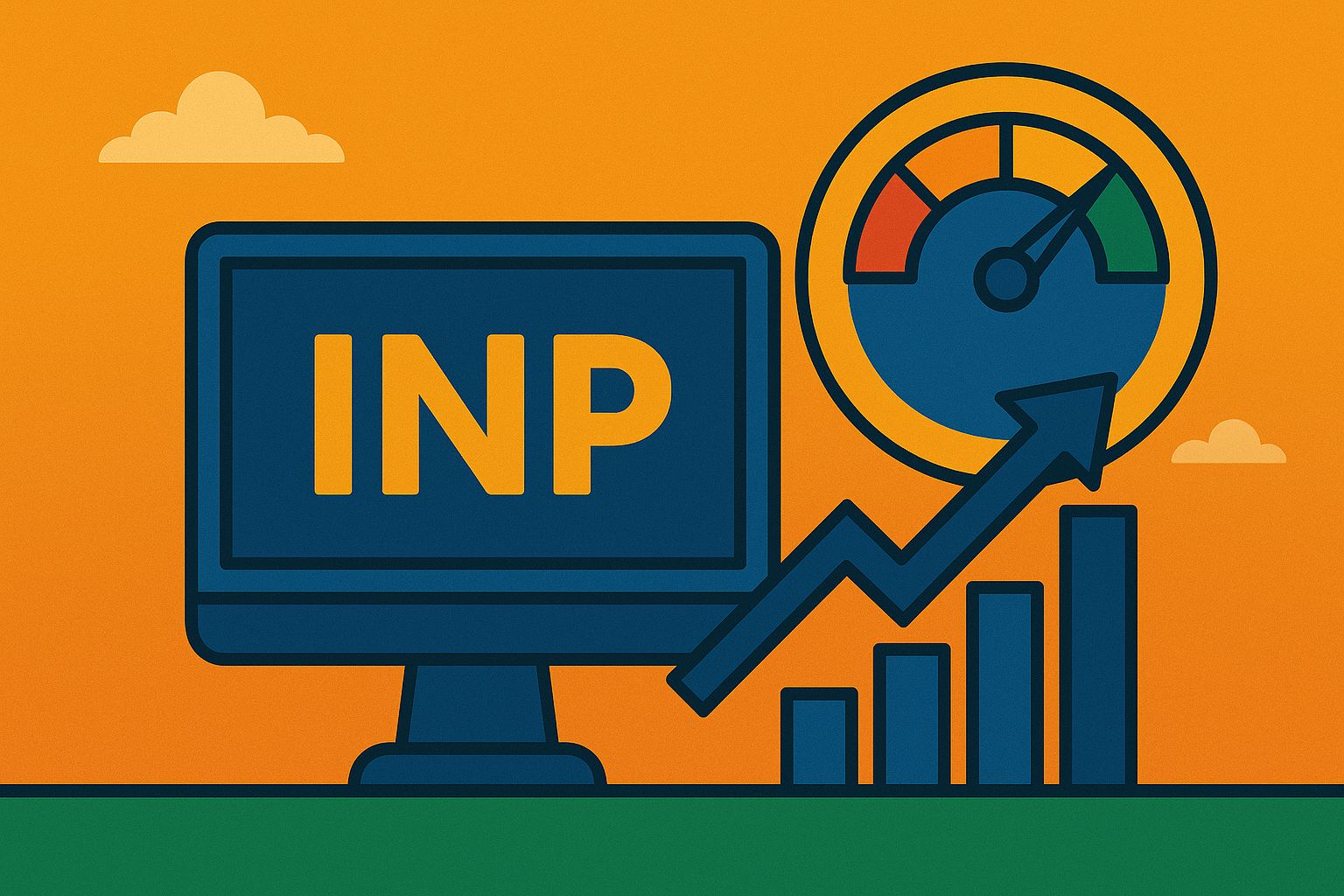Real estate is on the path to a digital revolution, where buying, selling and experiencing a home is as easy as a click, a tap or even a question. But, how did we get here, from traditional practices to a tech savvy world that is rewriting the rules? Stop wondering! Here, we will take you through the journey of the transformation of the real estate sector – how innovation, technology and data are turning the dream of owning the perfect home into a modern day reality. So, let’s get started!
Digital Transformation in Real Estate
Digital transformation in the real estate sector refers to the widespread integration and use of modern technology to enhance and streamline processes within the industry. This involves the adoption of innovative tools, software and methodologies to revolutionize the way real estate professionals operate, from property listing to transaction.Printed Listings and Binders in the not-too-distant past, property listings were published in printed directories and often kept in large binders that real estate agents carried with them. These heavy binders were the go-to resource for property information. Real estate transactions depended heavily on personal relationships. In the pre-digital era, 60 to 70% of transactions occurred as a result of personal relationships and referrals.
- Digital transformation
PropTech, short for property technology, is at the forefront of digital transformation in real estate. It encompasses a wide range of technologies and innovations designed to disrupt and improve traditional real estate processes. From Virtual Reality (VR) and Augmented Reality (AR) to Artificial Intelligence (AI) and Blockchain, PropTech is reshaping the industry landscape.
- Virtual property in web or apps
One of the most major changes brought about by digital transformation is in property viewing. Virtual and augmented reality technology allows potential buyers and tenants to take a virtual tour of a property without being physically present. VR and AR are revolutionizing the way properties are showcased, enhancing marketing efforts and helping customers make more informed decisions.
- Artificial Intelligence Operations
Artificial Intelligence is playing a vital role in streamlining various real estate operations. Machine learning algorithms are being used to analyze large amounts of data, which helps in predicting market trends, property values and investment opportunities. AI is also being used for chatbots in customer service, to automate routine inquiries and provide quick responses. Additionally, AI is improving property management by predicting maintenance needs and optimizing energy consumption in smart buildings.
- Data analytics making
Data is a hard in the digital transformation of real estate. Using big data, real estate professionals can gain information about market trends, customer behavior, and investment opportunities. Predictive analytics helps forecast property values, optimize rental prices, and identify potential risks. Data driven decision making is becoming the cornerstone of successful real estate strategies, empowering stakeholders to make informed choices in a dynamic market.
- Work with building IoT
The integration of Internet of Things (IoT) devices into real estate is leading to the rise of smart buildings. These connected buildings use sensors and devices to collect and transmit data, optimize energy use, enhance security, and improve overall operational efficiency. From smart thermostats and lighting systems to automated security features, IoT is making buildings more sustainable, safe, and user friendly. This trend is not only reshaping the commercial real estate sector but is also rapidly expanding into residential properties.
Before deciding to purchase a particular product, people look at online reviews, feedback, and other relevant data. Real estate property is no different in this case. While looking for a property to buy or rent, people search for information about it on the internet. A company can provide information about its assets using its website, aggregate platforms, and other resources such as these. Taking advantage of these, people can view property features and send messages to owners if they want to know more information.
- CRM system implementation
We have already written about CRM benefits for business in our blog. This system is as relevant to the real estate industry as it is to any other economic sector. This is particularly relevant because of the large amounts of data used:
Mobile Apps Are Revolutionizing the Real Estate Sector
Transactions at different stages of the sales funnel,data on companies, realtors, customers etc. Studying all this analytical data is extremely important when it comes to building a successful business. This would be very difficult to do without dedicated software solutions like CRM and ERP. Using these, you will be able to store all the data in one place, not lose anything and generate human-friendly reports.
- Apart from the arguments mentioned above, we can also name many others, such as transaction history storage, contract monitoring, data analysis, etc. By introducing integrated IT systems in the company, you will have the opportunity to efficiently solve all missed problems. In the article below, we will list several basic ways to implement digital transformation in the real estate industry.
- Using 3D models and visualization dedicated software, you can create photorealistic visualizations of a potential apartment or office center and allow the client to see how everything will look long before the construction phase. You can also organize a virtual tour of the premises, which can have a decisive impact on purchase decisions and conversion rates. Multimedia content and 3D models are a win-win situation to attract user’s attention. Moreover, by introducing virtual and augmented reality technologies into this segment, you can revolutionize the user experience.
Conclusion
Digital transformation in real estate is not just a technological advancement, but a revolution that is reshaping the industry from its core.The real estate company is growing in future time. While challenges exist, the opportunities presented by digital transformation are too significant to ignore. As the industry continues to adopt and adopt these technological advancements, the future real estate landscape will be characterized by agility, transparency, and seamless integration of traditional and cutting-edge practices.




